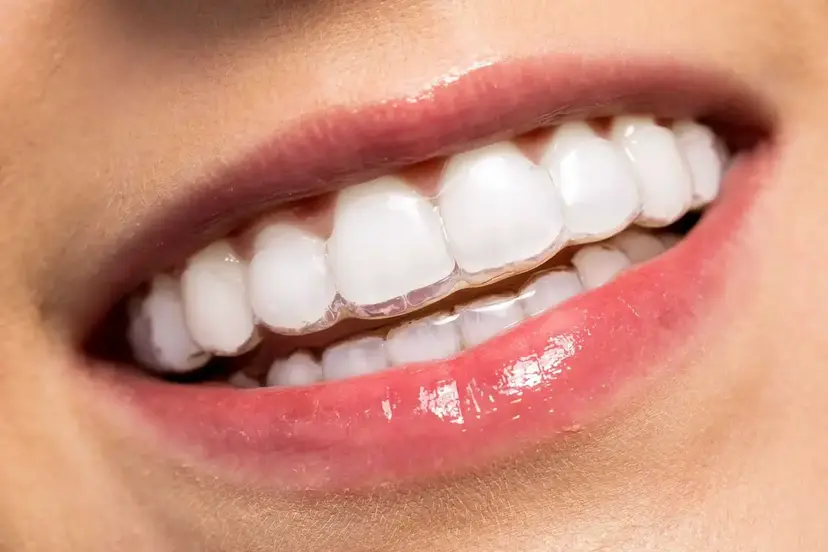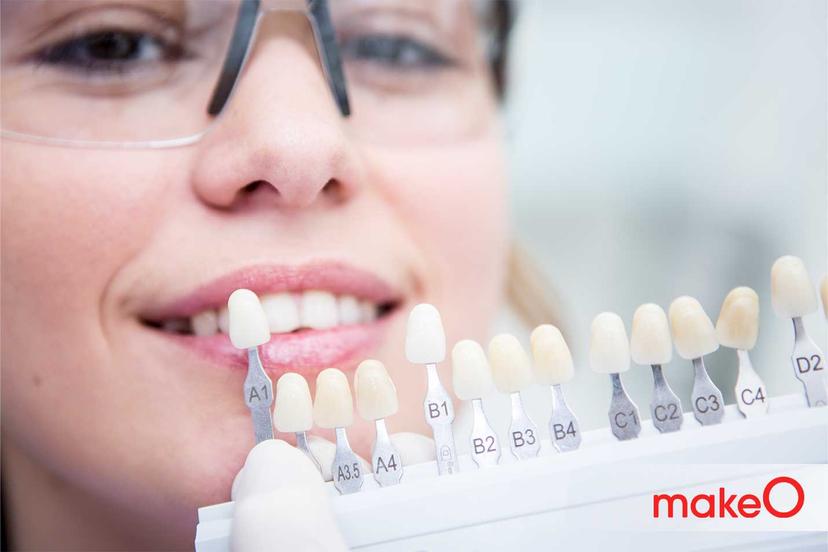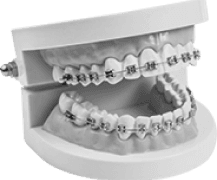MakeO blog
Taking care of our oral health is essential for maintaining overall well-being. While regular brushing is essential, incorporating flossing into our daily routine is equally important. Flossing helps eliminate plaque and debris from the spaces between our teeth and along the gumline, thereby preventing tooth decay, gum disease, and unpleasant breath. Let's look into the two primary methods of flossing, water flosser vs traditional floss to understand their benefits, drawbacks, and answer the question of is a water flosser better than dental floss.
Benefits of Flossing
Flossing brings forth numerous advantages, all of which contribute to maintaining optimal oral health. Some of the benefits of a dental flosser are listed below.
- Flossing effectively removes plaque build-up from hard-to-reach areas, preventing the formation of tartar and reducing the risk of cavities.
- By eliminating plaque and debris, flossing helps prevent gum diseases like gingivitis and periodontitis, safeguarding the health of your gums.
- Flossing removes food particles and bacteria that cause bad breath, leaving your mouth feeling clean and refreshed.
- Regular flossing with a good teeth flosser maintains healthy gums, preventing redness, swelling, and bleeding, thereby contributing to an appealing smile.
- Consistent flossing saves money by preventing the need for costly dental procedures, as it addresses dental problems before they escalate.
Types of Flossing
Various flossing methods cater to diverse preferences and oral health needs. Let's explore the different types of floss available.
a. Traditional floss
This commonly used floss is made of either nylon or silk thread. It comes in waxed and unwaxed forms and varying thicknesses, such as regular, thin, and tape.
b. Dental tape
Dental tape, wider and flatter than regular floss, is ideal for individuals with wider tooth gaps. It glides easily between teeth, reducing the chances of shredding.
c. Floss picks
Floss picks consist of a short strand of floss stretched across a plastic handle. They offer convenience, especially for those who find traditional flossing challenging or prefer a more controlled grip.
d. Water flossers
Water flossers employ a stream of pressurised water to clean between teeth and along the gumline. A water floss provides an alternative to traditional flossing, particularly for individuals with braces, implants, or other dental appliances.
Traditional Flossing
Traditional flossing involves using a piece of floss, usually wrapped around the fingers of both hands, to gently slide between the teeth and beneath the gum line. By forming a C-shape around each tooth, the floss effectively removes plaque and food particles.
Advantages
1. Cost-effectiveness
Traditional floss is widely accessible and reasonably priced, making it an affordable choice for maintaining good oral hygiene.
2. Portability
Traditional floss is compact and easily portable, enabling you to practise oral care even on the go.
3. Versatility
Traditional floss suits most individuals, regardless of their oral health needs or dental conditions.
4. Precision
Traditional floss allows for more control over pressure and targeted areas, facilitating precise cleaning.
Disadvantages
1. Requires Proper Technique
The proper flossing technique requires practice and manual dexterity, posing a challenge for some individuals.
2. Time-Consuming
Flossing each tooth individually can be time-consuming, especially for those with limited time or patience for an extended oral care routine.
Water Flossing
Water flossing involves using a handheld device that emits a gentle stream of water to remove plaque and debris from between the teeth and along the gumline. This method is particularly beneficial for individuals with dental appliances, such as braces, bridges, or implants.
Advantages
1. Gentle
Water flossers provide a gentle and soothing experience, making them suitable for individuals with sensitive gums.
2. Effective
Water flossers are highly effective in cleaning around dental appliances, ensuring thorough oral hygiene.
3. User Friendly
Water flossers are easy to use, requiring minimal technique. Simply aim the water jet between your teeth and along the gumline for a refreshing clean.
4. Adjustable Settings
Many water flossers come with adjustable pressure settings and interchangeable tips, allowing for personalised and versatile flossing experiences.
Disadvantages
1. Higher Cost
A Water flosser for teeth is generally more expensive than traditional floss, which may deter some individuals from investing in them.
2. Power Requirement
A dental water flosser relies on electricity or batteries to operate, making it less convenient for travel or situations without access to power.
3. Potential Mess
Water flossing can create some splashing, necessitating leaning over a sink and potentially causing a mess.
About makeO toothsi's smart water flosser
If you want to use the best-in-class water flosser, then check out the floss x smart water flosser by makeO toothsi.This easy-to-use device for flossing comes with 4 cleaning modes to provide the best setting for cleaning the difficult places of your teeth.
Flossing, whether through water flossing or traditional flossing, is a crucial aspect of maintaining optimal oral health. The choice to decide is water flosser better than flossing ultimately depends on personal preference, individual needs, and oral health conditions. To determine the most suitable method for your oral care routine, consult with your dentist or oral health professional. Also, make sure to check out our range of dental care products at makeO toothsi!
FAQs
Is a water flosser better than regular floss?
Water flossers and regular floss have their own merits, making it subjective to determine if one is better than the other. Water flossers are particularly beneficial for those with dental appliances or sensitivity, while regular floss provides precise cleaning for most individuals based on their oral health needs.
Can a water flosser replace regular flossing?
Although water flossers can be a valuable addition to an oral care routine, they are not intended to fully replace regular flossing. Traditional flossing plays a vital role in removing plaque and debris from tight spaces that water flossers may not effectively reach, making it necessary to incorporate both methods for comprehensive oral hygiene.
Do dentists recommend water flossers?
Many dental professionals do recommend water flossers as an effective tool for oral health, especially for individuals with specific dental conditions or challenges.
Is it really necessary to floss?
Flossing is indeed essential as it aids in removing plaque and debris from between the teeth and along the gumline, areas that brushing alone may not effectively reach. Flossing plays a crucial role in preventing tooth decay, gum disease, and maintaining overall oral health, making it a necessary component of a comprehensive oral care routine.
related categories
Related articles

Types of Braces: Removable vs Fixed Braces, Which is Right For You?

This Diwali, Smile Bright With makeO Teeth Whitening Kit

Dr. Pravin Shetty: Pioneer in Lingual Orthodontics & Innovative Smile Solutions
How do I Know I’m the Right Candidate for makeO toothsi Teeth Aligners?

